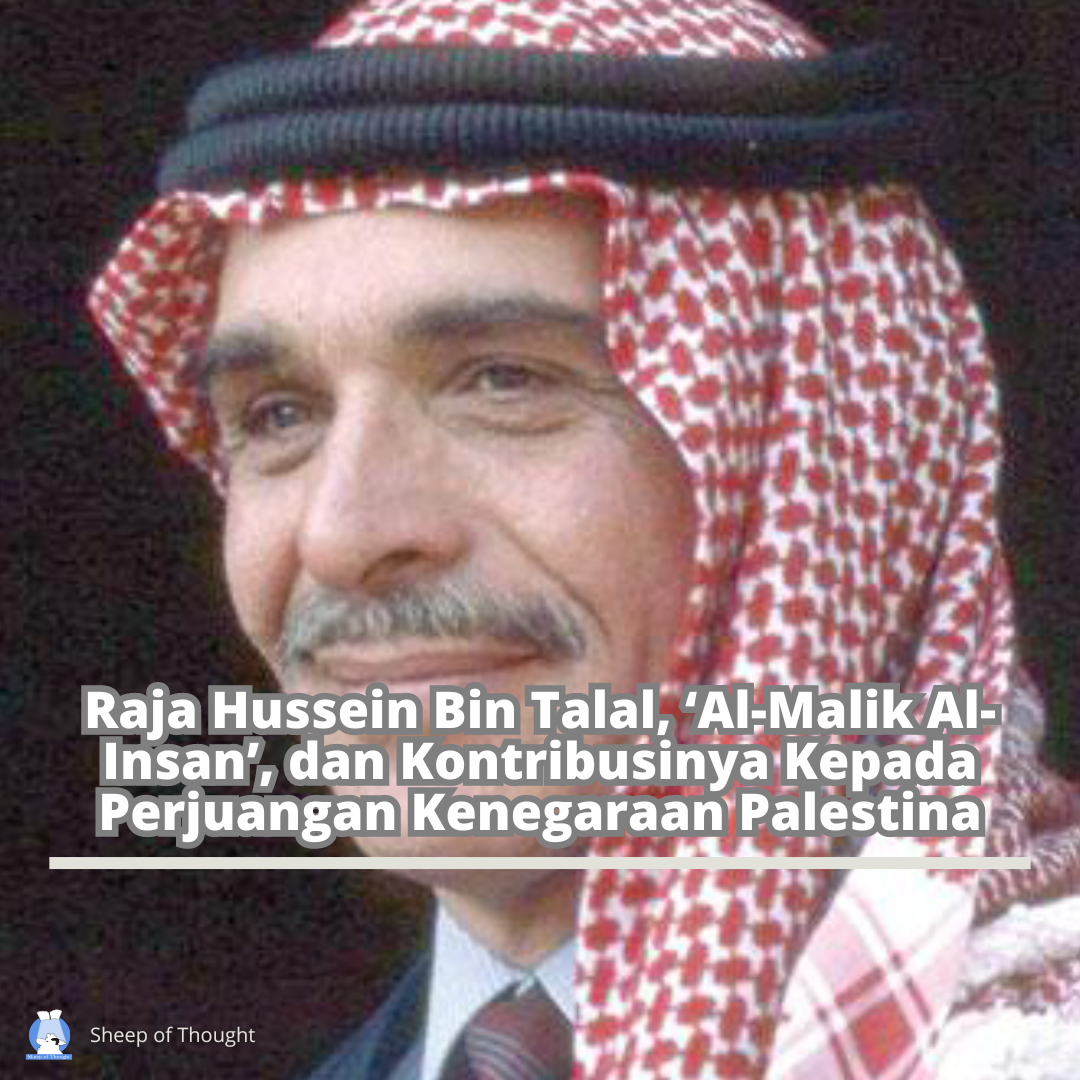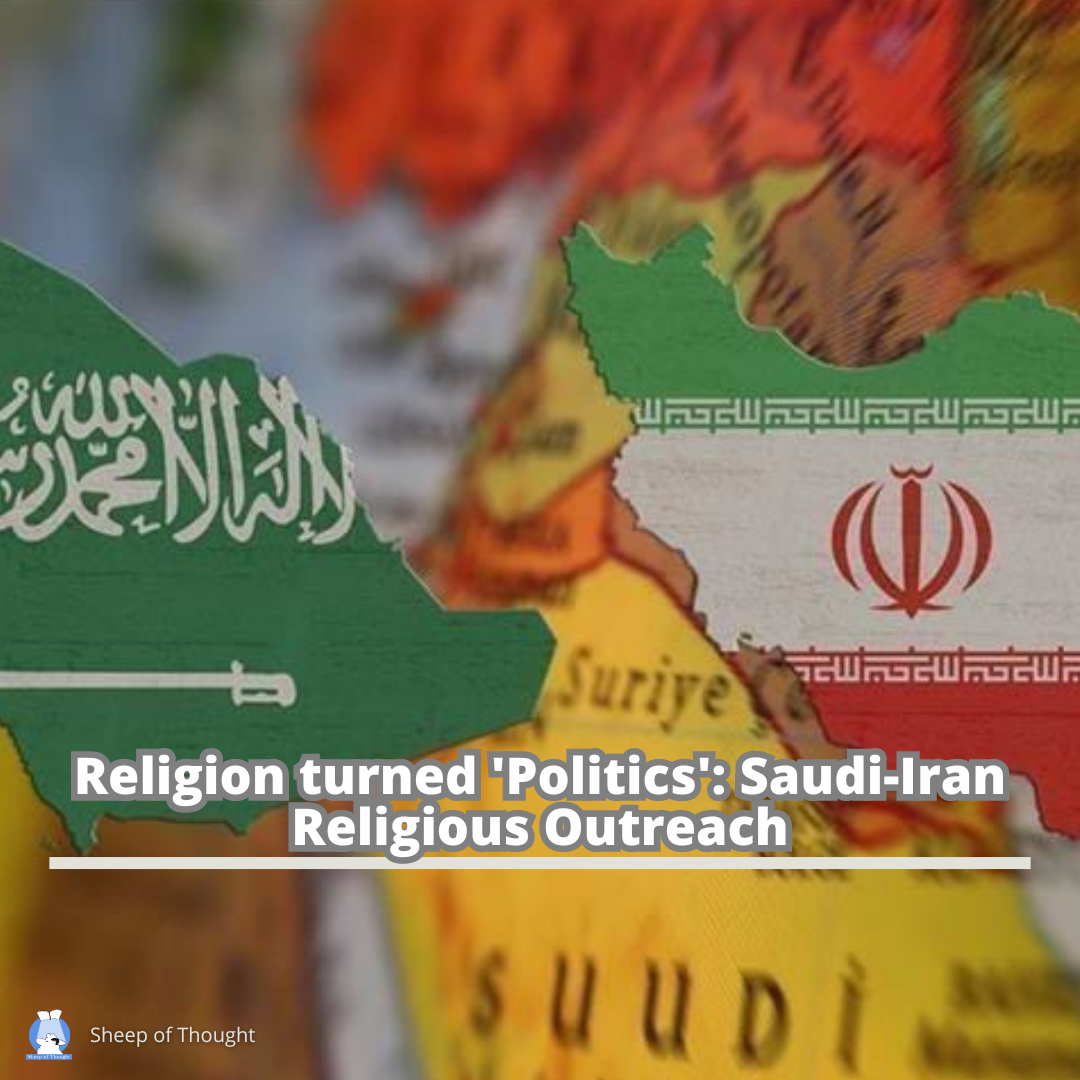The international politics during WWI, interwar period, WWII, Cold War, and Post-Cold War are different. During the WWI, it seemed impossible for cooperation between states. However, cooperation occurred in the interwar period. The establishment of League of Nations in 1920s changed the conflictual environment into peace between states in Europe. To realists, it is difficult to explain its establishment and the sudden cooperation, which occurred in interwar period contradicts to realist’s perspective. This explains why realism school of thought unable to explain the whole situation of international politics, and so does to the other theories. However, this paper shows the realists perspective cannot be denied for its view on international politics.
Neorealists view alliance as an agent of the hegemonic power. The particular theory tend to be more dominant in understanding Cold War rather than liberalism perspective. The establishment of international organizations (IOs) during Cold War such as North Atlantic Treaty Organization (NATO) in 1949, Warsaw Pact (1955), and Association of South East Asian Nations (ASEAN) in 1967 are related with the great powers rivalry. The international structure during Cold War was known as bipolar structure. In neorealism theory, systemic factor influences more significant than domestic factors in regulating domestic and foreign policies of a state. National security in this particular theory is high-politics or also considered as the priority whereas economic issue is considered as low-politics. In considering bipolar structure during Cold War, therefore, small states are influenced intentionally by subscribing to any of the great powers (US and Soviet Union) in order to protect their national security from the anarchical structure. The establishment of NATO, Warsaw Pact, and ASEAN which consists of both great powers and small states are clearly refer to great powers’ foreign policy tool in ensuring their security interests against each other.
From the view of the great powers, the establishment of IOs can be stated as a method for the great powers to ensure the security of their influential territory for the benefit of themselves. Similarly to domestic politics, effective government tend to control use of force in order to prevent private use of force. In other words, the great power controls small powers in order to prevent them from rebelling the great power. NATO and Warsaw Pact for instance, are the military pact between US and Soviet Union in Western Europe and Eastern Europe. The Establishment of ASEAN in Southeast Asia can be considered as an ‘American Lake’ in Southeast Asia to prevent the influence of communist from small states.[1] Whereas small states joining IO in order to obtain military protection, economic pump, and others. To put in a simpler understanding, small states subscribe to a particular great power to protect their national security.
The international phenomenon is dynamic. Many scholars stated that the international politics in post-Cold War is unipolar. Theoretically, it is accepted due to the collapse of Soviet Union in 1989 and Cold War was officially ended in 1991. The current unipolar structure has given a way for US to influence all other states including the former East bloc states such as Eastern Europe, and East Germany. Many scholars stated that neorealists is no longer relevant in explaining current phenomenon as their prediction that NATO will disappear due to the collapse of East Bloc is wrong because in reality, the member states of NATO is actually increasing in the post-Cold War period. However, the writer belief in the other way. Although the main objective of establishing cooperation or alliance such as NATO is to balance the power between West and East Bloc, the changes of international politics in post-Cold War which is considered as unipolar will not destroy the alliance but strengthen it to ensure the sustainability of US global hegemonic power. Similar to the establishment of UN. It can be seen clearly during the Cold War when the number of UN member states were lesser compared to the current numbers of member states. In other words, the changes from bipolar to unipolar structure actually has given the US more power and easier to influence and at the same time able to sustain the peaceful act within the international politics.
How far does the unipolar structure can be maintain? To what extend does the US hegemony able to sustain their hegemonic power? Does the international politics in early post-Cold War is similar with the international politics in current days? Both US global hegemonic power and international structure are related. As if the US can sustain their hegemonic power, the international politics will remain as unipolar, whereas the changes of polarity will occur if the US are unable to maintain their hegemonic power. What are the measurement of hegemonic power? How to explain that the particular state is a hegemon power? Some scholars stated that there are four criteria in order to recognize or maintain as a great power; 1) security-military, 2) economic-production, 3) financial-trade, and 4) knowledge-technology.[2] The four criteria is a must and lacking in one particular criteria will impact the other criteria. Does the US achieve all criteria in today’s context? The writer finds it difficult to say whether or not did US still can be considered as a global hegemonic power. The awakening of Russia, the uncontrolled China’s economic development, and the increasing nuclear weapons possessed states lead to the big question of US hegemonic power in present. To sum up, the writer belief that the international politics in present is different with the international politics during the early post-Cold War.
The different scenario in today’s context might also affect IOs. How does it affect the IOs? Realists view of the decline of unipolar structure is the main challenger. It should be understood that the realists view is based on the importance of power, and balance of power concept. The bipolar is considered as the stable international politics as can be seen during Cold War. Unipolar theoretically can be considered as stable also. However, the author belief that the requirements of single hegemon power is difficult to sustain in a long-term. The current concern is that US losing her hegemon power whereas others such as the rising number of nuclear weapon possessed states North Korea and Iran which might be possible in the future, economic challenger such as China, and Russia as military challenger are serious concern in realists perspective. In other words, there might be a possibility of turning from unipolar to multipolar structure in future that will cause more conflicts according to realists view. To what extend do the international structure is important and how it relates with IOs? In referring to UN, what will happen when the international structure change from unipolar to multipolar? Will the UN act similarly as in the unipolar structure? The author belief that the UN will act differently when the structure turns into multipolar structure. The international politics during the interwar period where the League of Nations failed as several states against the regulations and there was no hegemon power who act as a police. The particular condition is possible to happen again when there is no single power who dominate others.
From this perspective, it is recommended for US to act strongly as a hegemon power. Leaving other states from US control might bring others to gain strong economic and military power which will challenge US hegemonic power. Such relying only on liberal approach by the next US president (written during Trump administration era) might cause unstable international politics as according to realists. The competition for gaining power will cause more conflicts due to the absence of great power. For IOs specially UN, the writer recommends further researches for new approach in order to prevent the history of League of Nation failure happen again in UN. The inability to prevent war due to multipolar international political structure might lead to the new hegemonic power state, as the writer belief that the international phenomena is dynamic. The state who managed to win the war, will be considered as the new hegemon power.
[1] See Yazid, M. N. (2017). Politik antarabangsa selepas Perang Dunia Kedua dan politik serantau Asia Pasifik. In Asia Pasifik sejak 1995: Perubahan struktur antarabangsa dan percaturan politik serantau, 24. Kuala Lumpur: Legasi Press.
[2] See Yazid, M. N. (2013). Hubungan antarabangsa: Analisis sistemik dan domestik. Kota Bharu: Eduserve Resources.






